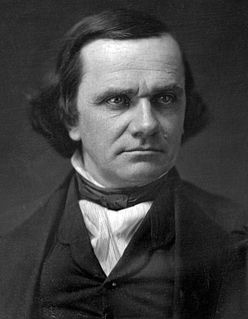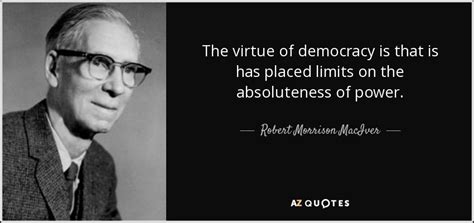A Quote by Sigmund Freud
Taboo restrictions are distinct from religious or moral prohibitions. They are not based upon any divine ordinance, but may be said to impose themselves on their own account. They differ from moral prohibitions in that they fall into no system that declares quite generally that certain abstinences must be observed and gives reasons for that necessity.
Related Quotes
The new puritans have been highly successful. All of the preconditions for new prohibitions on alcohol and tobacco are in place. ... Indeed, the future agenda of the federal government has already been established to outlaw alcohol and tobacco in the near future. ... If current trends persist, America will be moving toward stricter prohibitions, greater restrictions, and more centralized control over consumption. This represents an erosion of liberty at its most fundamental level.
The aggressive and quite illogical idea of a single religion for all mankind, a religion universal by the very force of its narrowness, one set of dogmas, one cult, one system of ceremonies, one ecclesiastical ordinance, one array of prohibitions and injunctions which all minds must accept on peril of persecution by men and spiritual rejection or eternal punishment by God, that grotesque creation of human unreason which has been the parent of so much intolerance, cruelty and obscurantism and aggressive fanaticism, has never been able to take firm hold of the Indian mentality.
Lastly, our ancestors established their system of government on morality and religious sentiment. Moral habits, they believed, cannot safely be trusted on any other foundation than religious principle, nor any government be secure which is not supported by moral habits.... Whatever makes men good Christians, makes them good citizens.
I am now speaking of rights under the Constitution, and not of moral or religious rights. I do not discuss the morals of the people of Missouri, but let them settle that matter for themselves. I hold that the people of the slaveholding States are civilized men as well as ourselves, that they bear consciences as well as we, and that they are accountable to God and their posterity and not to us. It is for them to decide therefore the moral and religious right of the slavery question for themselves within their own limits.
A belief in moral absolutes should always make us more, not less, critical of both sides in any conflict. This doesn't mean that both sides are equally wrong; it means that since we all fall short of moral perfection, even the side whose cause is truly righteous may commit terrible acts of violence in defense of that cause -- and, worse, may feel quite justified in committing them. That is the difference between being righteous and being self-righteous. Moral standards are absolute; but human fidelity to them is always relative.
...any belief in supernatural creators, rulers, or influencers of natural or human process introduces an irreparable split into the universe, and prevents us from grasping its real unity. Any belief in Absolutes, whether the absolute validity of moral commandments, of authority of revelation, of inner certitudes, or of divine inspiration, erects a formidable barrier against progress and the responsibility of improvement, moral, rational, and religious.
Language makes it possible for a child to incorporate his parents' verbal prohibitions, to make them part of himself....We don't speak of a conscience yet in the child who is just acquiring language, but we can see very clearly how language plays an indispensable role in the formation of conscience. In fact, the moral achievement of man, the whole complex of factors that go into the organization of conscience is very largely based upon language.





































